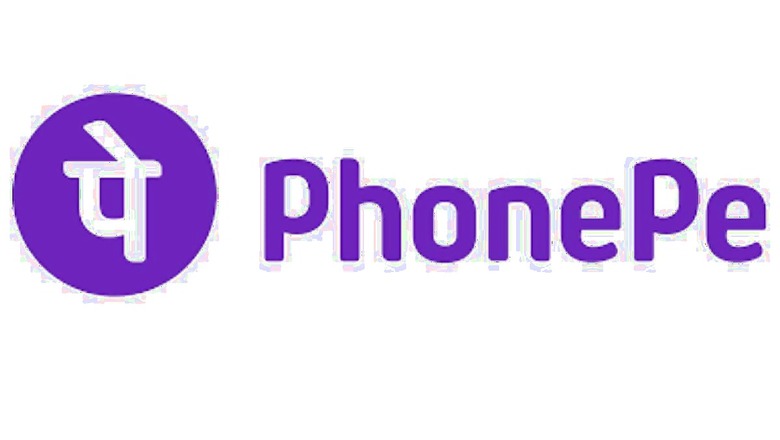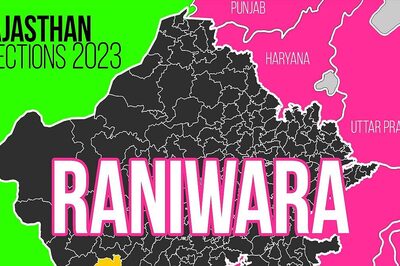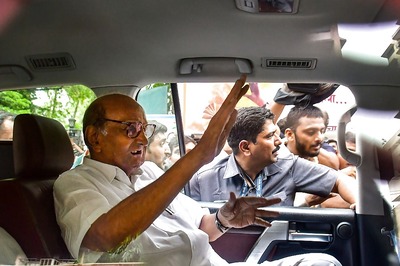UPI Transaction Cap: PhonePe Says Users Can Keep Using UPI And There Will Be No Transaction Failures

views
The digital payments space in India is about to undergo a massive shakeup, particularly for payment services that rely on the UPI, or Unified Payments Interface, payments platform. The National Payments Corporation of India (NPCI) has made it official that a new cap will be applicable from January 1, 2021 which mandates that no Third Party App Providers (TPAPs) can exceed more than 30% of the total volume of UPI, or Unified Payments Interface, transactions. While some more clarity and detailed standard operating procedure (SOP) are awaited, leading digital payments platform PhonePe says that there will be absolutely no disruption for their customers.
PhonePe says that they have till Jan 2023 to comply with the 30% market share cap. “We have reviewed the recent NPCI circular and want to assure all our customers and merchants that there is absolutely no risk of any UPI transactions on PhonePe failing. In fact, NPCI’s circular categorically says that the 30% market share cap does not apply to existing TPAPs like PhonePe until Jan 2023,” says Sameer Nigam, Founder and CEO, PhonePe. New players such as WhatsApp Pay will have to adhere to the new cap from January 2021. But how will the cap be calculated? NPCI says that the cap of 30% will be calculated on the basis of the total volume of UPI transactions that were processed in the preceding three months. This will be done on a rolling basis. They also say that any existing players who are currently above the cap amount will have a period of two years to comply, in a phased manner.
The new guidelines for UPI will impact players including PhonePe, Google Pay, Paytm and Mobikwik, as well as the new entrant WhatsApp Pay, to name a few. But a closer look at the first set of guidelines indicates that this will happen in a phased manner. The NPCI believes this is to protect the UPI ecosystem as it scales up and to address the risks. “PhonePe remains fully committed to ensuring that there is no customer disruption caused by this circular,” adds Nigam.
At this time, it isn’t clear how the payment apps including Google Pay and PhonePe plan to comply with the guidelines, since these two apps will have the most to lose with the new cap implementation. Earlier this month, PhonePe confirmed they saw 835 million UPI transactions in October which translates into a market share of more than 40% of the total UPI transactions for the month.
According to the data by the National Payments Corporation of India, the UPI transactions clocked the 207 crore (2.07 billion) transaction mark in October. These transactions are worth as much as Rs 3.3 lakh crore. There has been a steady rise in UPI transactions, with a reported 180 crore UPI transactions completed in September valuing to as much as Rs 3.29 lakh crore and 161 crore transactions in August.
Digital payments platform PhonePe has now crossed the 250 million user mark, with 100 million monthly active users and clocked 2.3 billion app session in October. In the same month, they also registered 925 million transactions on the app while September saw 750 million transactions. The digital platform is seeing strong numbers from Tier II and Tier III towns in India, with more than 70% transactions coming from users in those towns.
This steady rise in UPI transactions are due to a variety of factors, which includes more online purchases and payments being done as people stay indoors due to the coronavirus pandemic, the festive shopping season and also the recent online sales on various shopping platforms including Flipkart and Amazon. UPI is one of the digital payment methods, including credit and debit cards as well as netbanking and mobile wallets. PhonePe says that
These guidelines will be applicable for all UPI players, including Amazon Pay, Mi Pay, Samsung Pay, Truecaller and more. The options that UPI based mobile payments services may have at their disposal, to comply with the guidelines, include limiting new sign-ups depending on the transaction share on a rolling basis, or limit person to person transaction volumes. However, it isn’t clear yet how, if even, these two methods may be implemented.
Read all the Latest News, Breaking News and Coronavirus News here




















Comments
0 comment